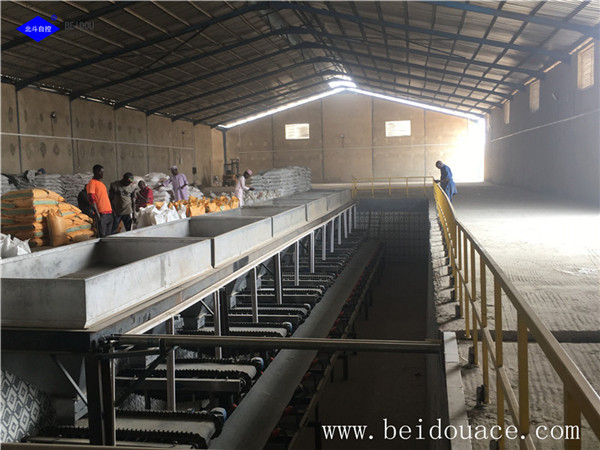Benefits of Local Fertilizer Production
Local fertilizer production plays a crucial role in enhancing agricultural sustainability and economic development. By establishing fertilizer plants within communities, countries can reap several significant benefits:
1. Economic Stimulus and Job Creation: Local fertilizer plants stimulate economic growth by creating jobs in manufacturing, maintenance, and distribution. These facilities serve as hubs for employment, fostering local expertise and reducing dependence on imported fertilizers.
2. Customized Formulations for Local Needs: Fertilizer machines in local plants allow for customized formulations tailored to regional soil conditions and crop requirements. This flexibility ensures that nutrients are optimally balanced, promoting healthier plants and higher yields.
3. Environmental Sustainability: By producing fertilizers locally, countries can reduce transportation-related carbon emissions and environmental impact. Advanced fertilizer machines enable precise nutrient application, minimizing runoff and groundwater contamination.
4. Agricultural Resilience and Food Security: Local production enhances agricultural resilience by ensuring a steady supply of fertilizers during times of global supply chain disruptions. This stability contributes to food security and supports sustainable farming practices.
5. Innovation and Technology Transfer: Establishing fertilizer plants encourages innovation and technology transfer within the agricultural sector. Research and development in fertilizer production techniques can lead to breakthroughs in efficiency and environmental stewardship.
6. Long-Term Cost Savings and Economic Stability: Investing in local fertilizer production reduces foreign exchange expenditures on imports and stabilizes fertilizer prices. This cost-effectiveness benefits farmers and enhances overall economic stability.
In conclusion, fostering local fertilizer production through the establishment of modern plants and utilization of advanced fertilizer machines brings substantial economic, environmental, and agricultural benefits. It supports sustainable development goals while strengthening local economies and food systems.
